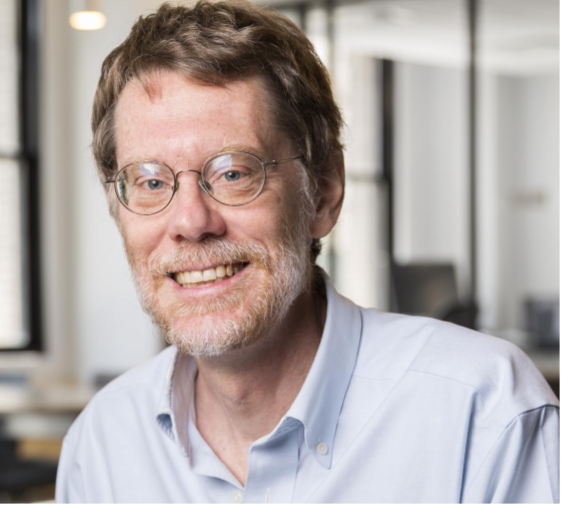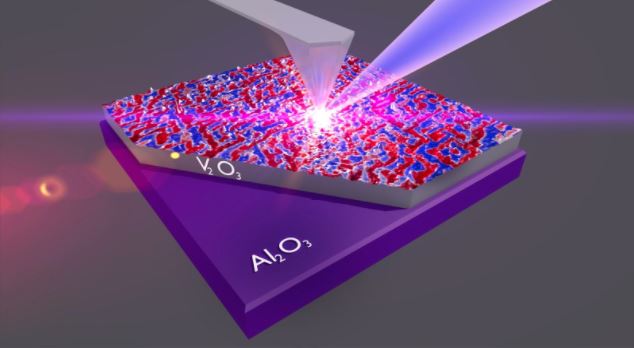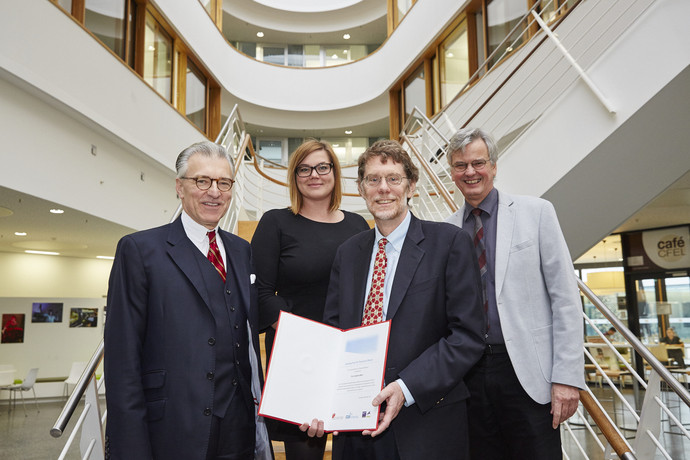D.N. Basov named the Moore Foundation Investigator in Quantum Materials 2020-25
Sebastian Will receives 2019 NSF CAREER award
Professor Tanya Zelevinsky will receive the 2019 Francis M. Pipkin Award
Professor Andrew Millis will receive the 2017 Hamburg Prize for Theoretical Physics
Columbia-UW work on “Stacking and Twisting Graphene Unlocks a Rare Form of Magnetism “ is headlined on the Office of Science homepage
Nanotextured phase coexistence in the correlated insulator V2O3
Even denominator fractional quantum Hall states in bilayer graphene
International Symposium 2017
New York Joint Quantum Symposium 2019
QClub Seminars
Mickey McDonald wins 2017 APS Thesis Prize
Dimitri Basov will receive the Kenneth J Button Prize
An article by Alex McLeod et al. on “Multi-messenger Nanoimaging” is among top 12 Columbia News stories of 2020
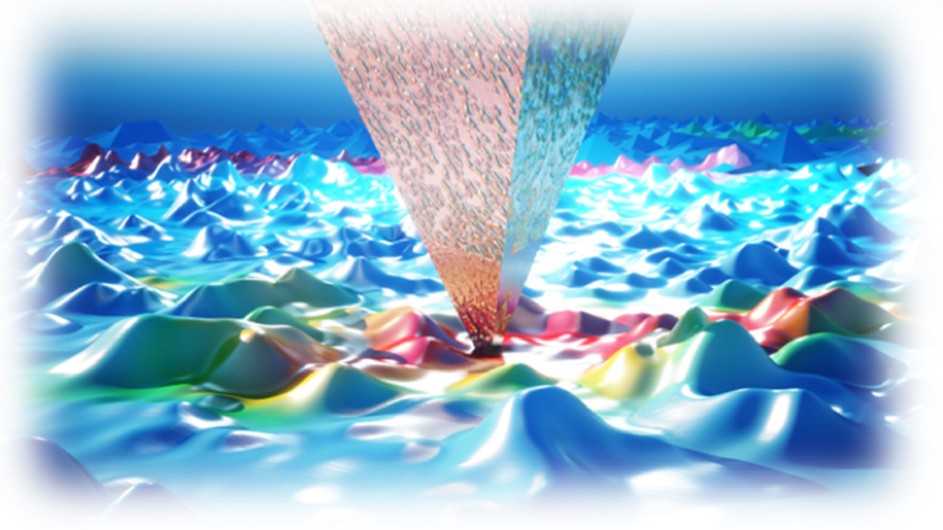
Columbia-UW work on “Stacking and Twisting Graphene Unlocks a Rare Form of Magnetism “ is headlined on the Office of Science homepage
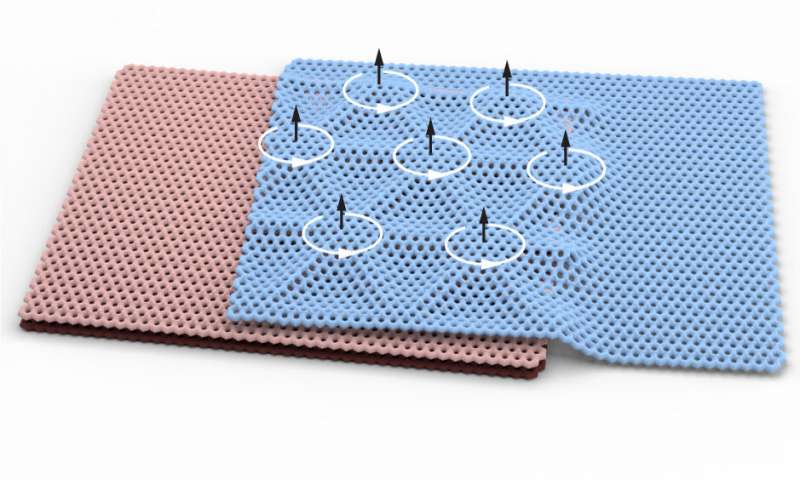
D.N. Basov named the Moore Foundation Investigator in Quantum Materials 2020-25
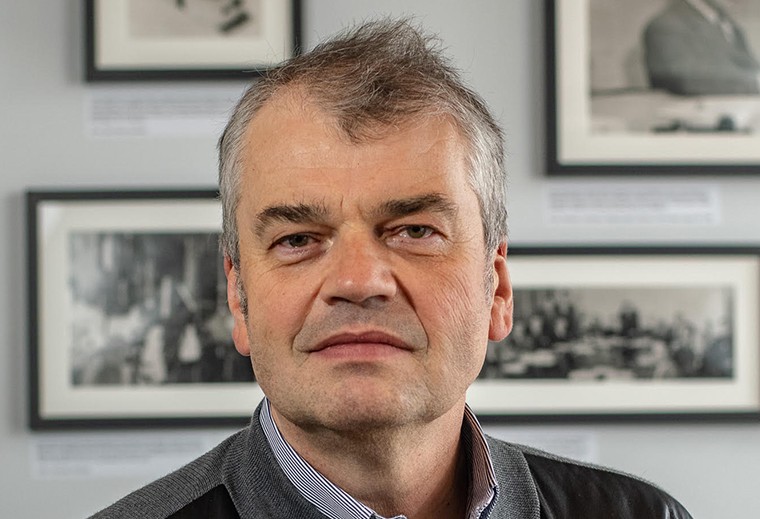
Michal Lipson elected to the American Academy of Arts and Sciences
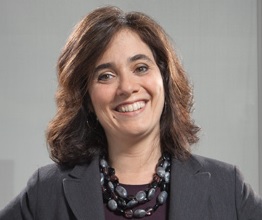
Center for Nonequilibrium Quantum Phenomena launched
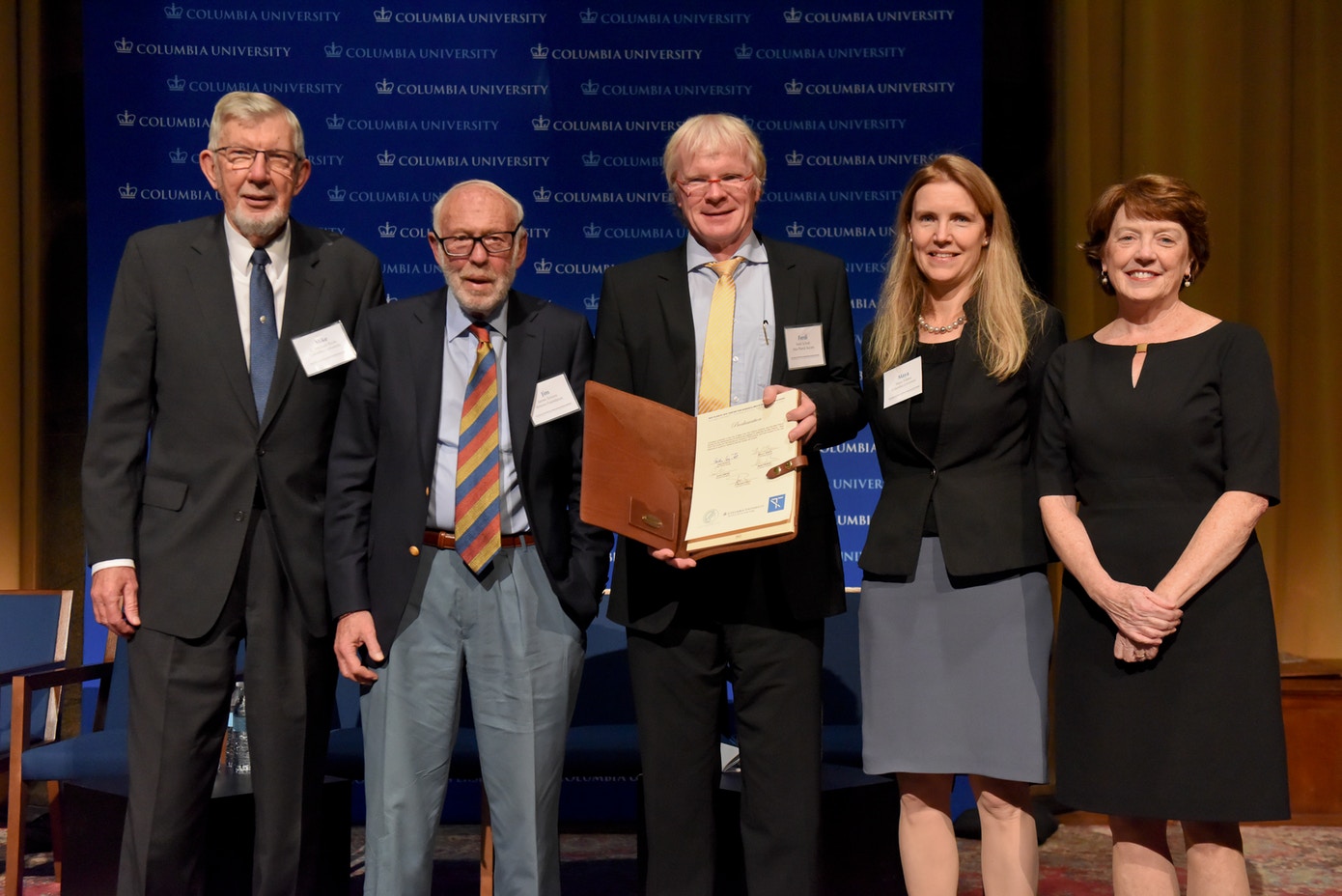
New York Joint Quantum Symposium 2019
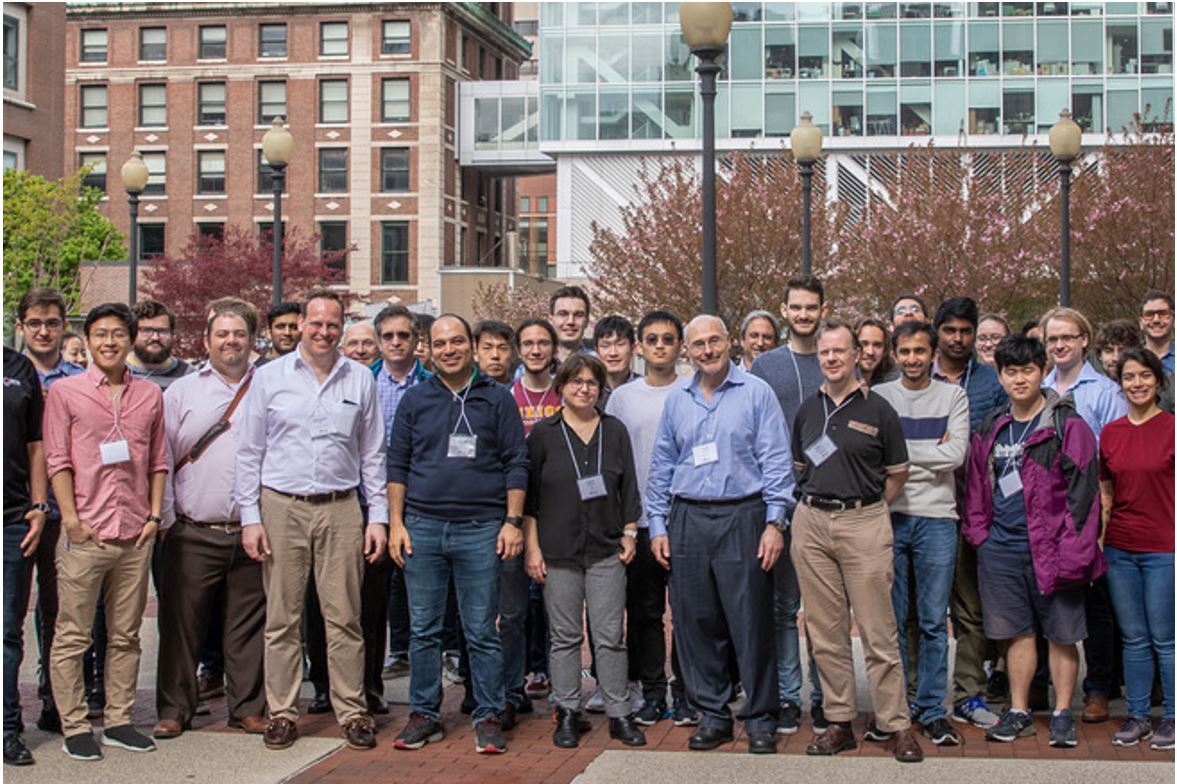
Sebastian Will receives 2019 NSF CAREER award
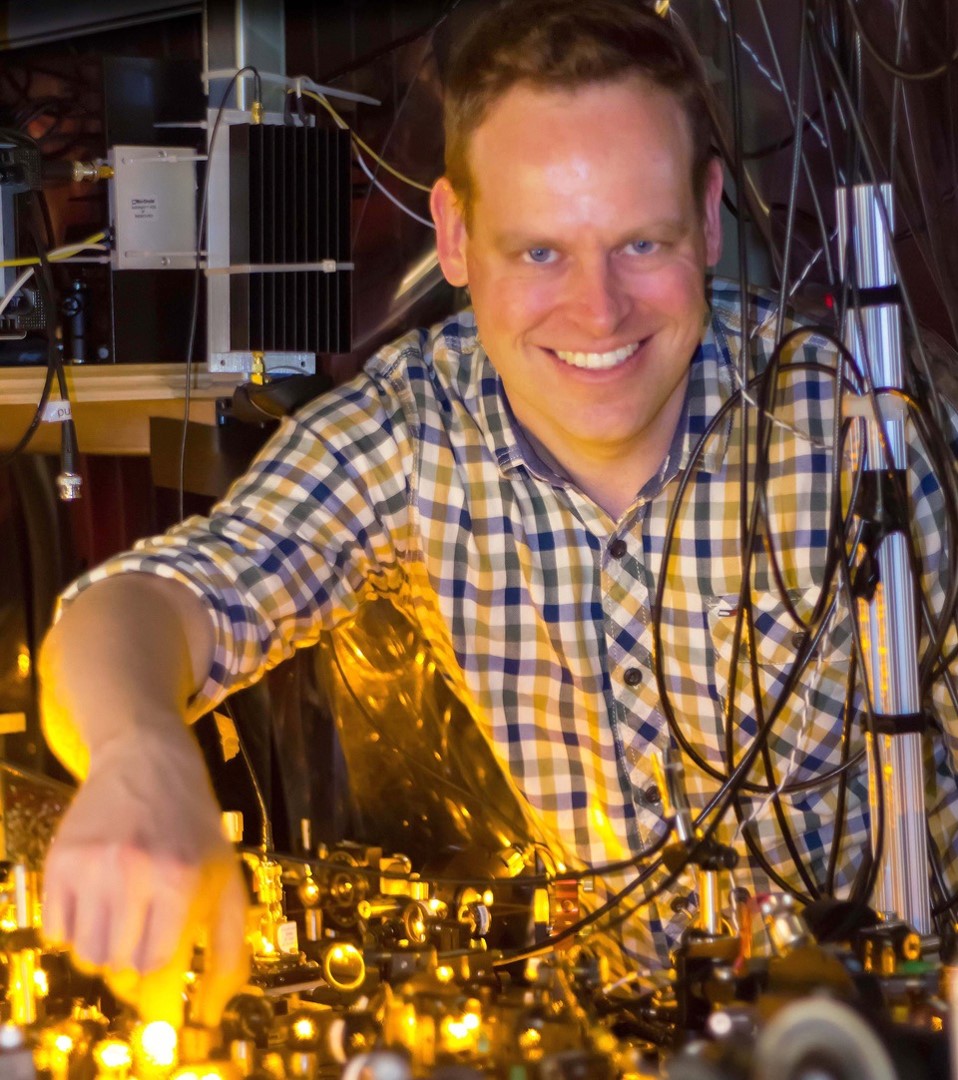
Dimitri Basov wins Vannevar Bush fellowship
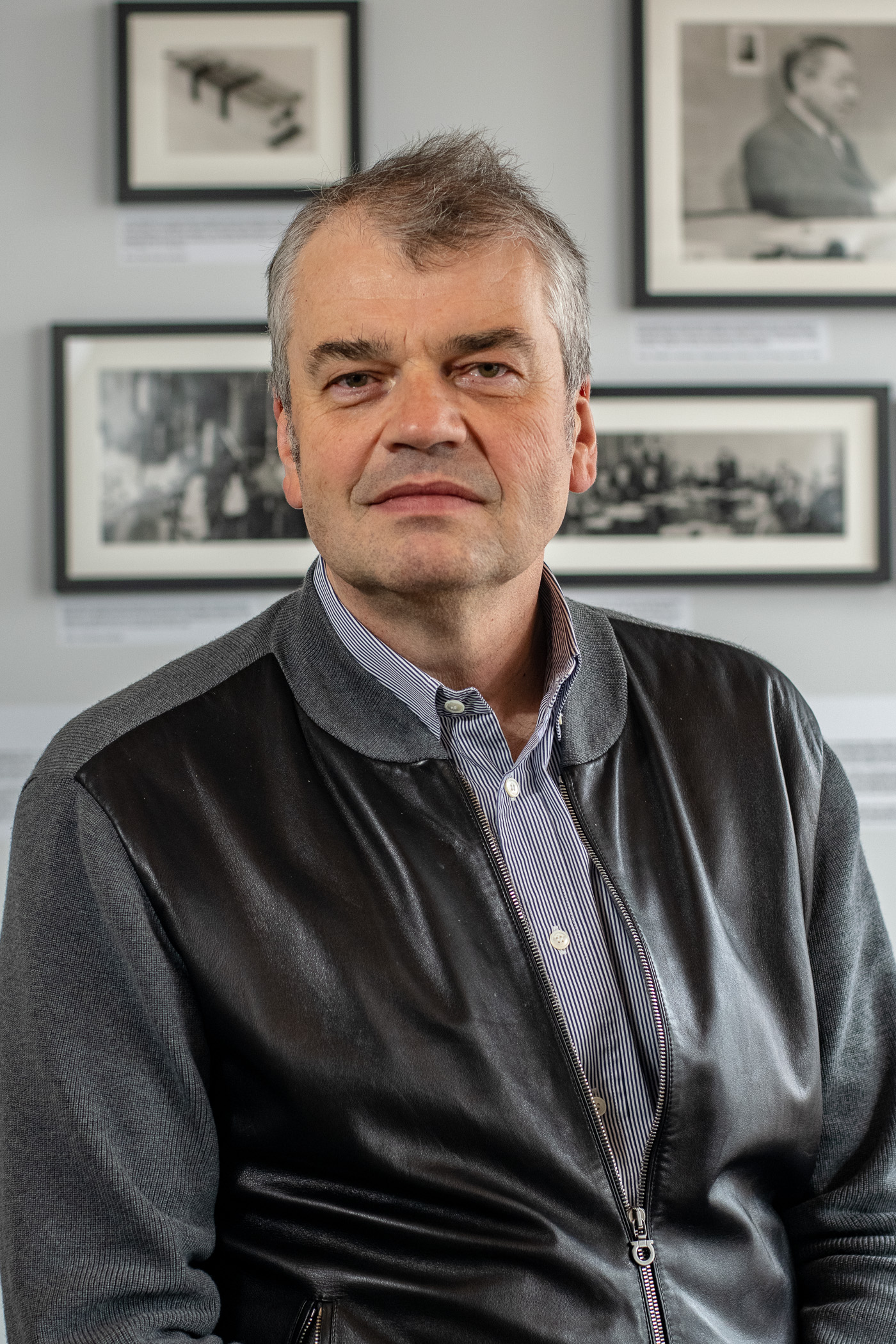
Michal Lipson awarded the Comstock Prize
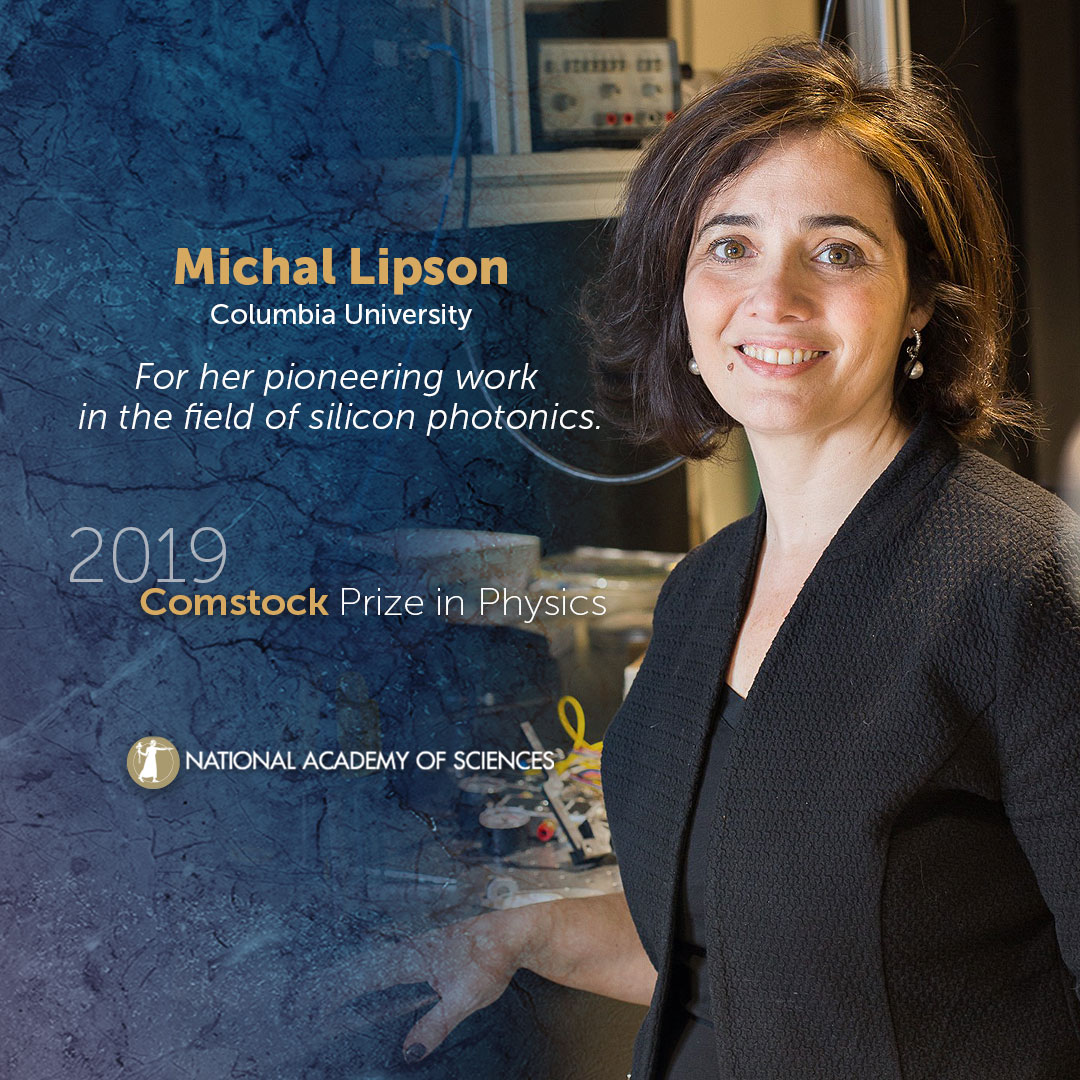
Michal Lipson elected to the National Academy of Sciences

D. N. Basov selected as a 2018 Highly Cited Researcher by Clarivate Analytics
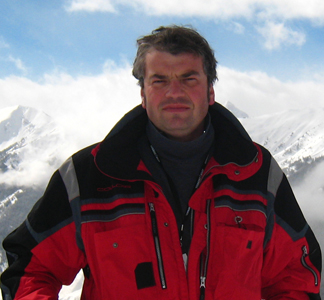
QClub Seminars
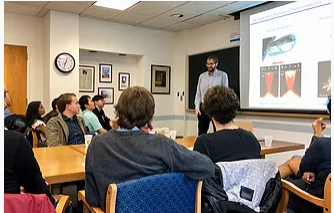
Professor Tanya Zelevinsky will receive the 2019 Francis M. Pipkin Award

Dimitri Basov will receive the Kenneth J Button Prize
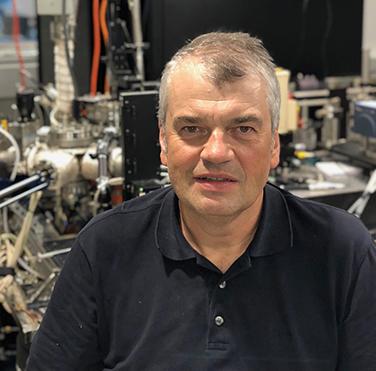
Twistable electronics with dynamically rotatable heterostructures

Fundamental limits to graphene plasmonics
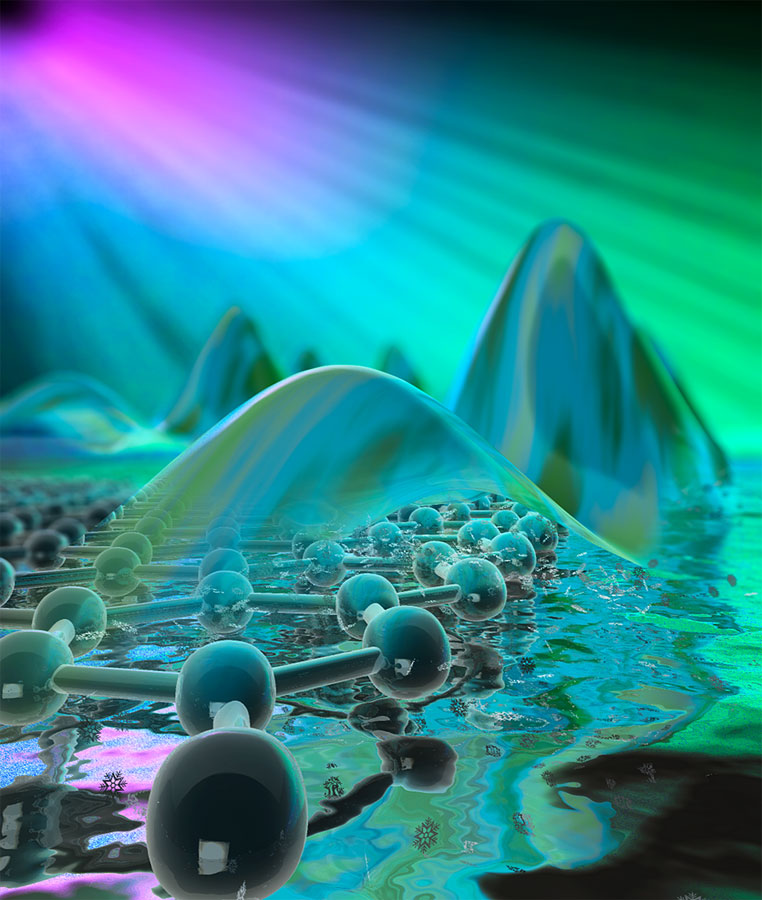
Intrinsic charge dynamics of High-Tc AFeAs(O,F) superconductors
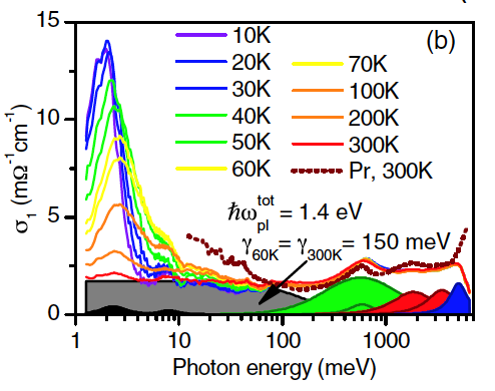
Even denominator fractional quantum Hall states in bilayer graphene

Excitonic superfluid phase in Double Bilayer Graphene
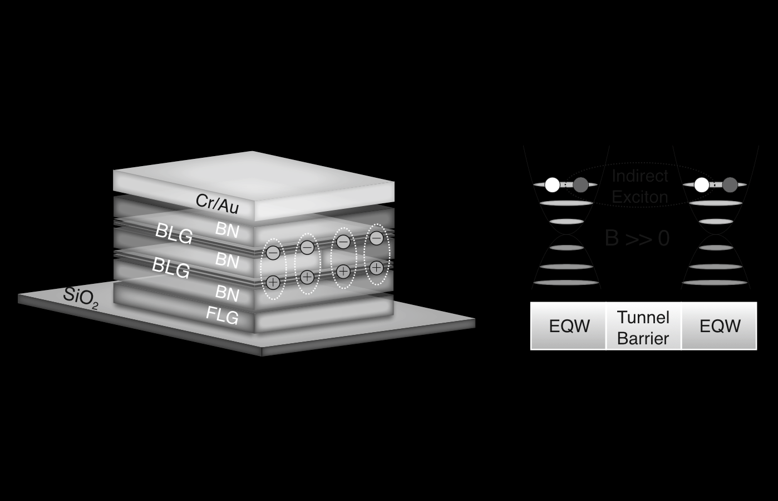
Mickey McDonald wins 2017 APS Thesis Prize
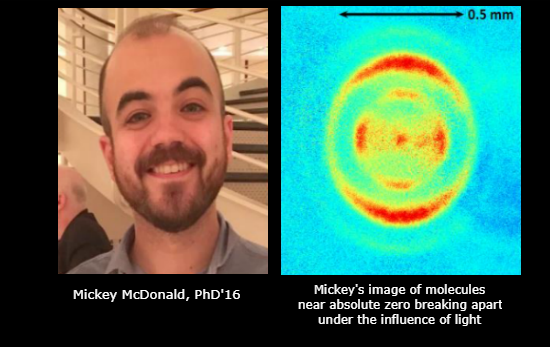
We perform experimental and theoretical research on condensed matter, atomic and biologically related physics. We have strong links to other activities on campus including the departments of Chemistry, Applied mathematics and Applied Physics, Electrical Engineering and Mechanical Engineering departments. We participate in the Materials Research Science and Engineering Center and have close connections to the Simons Foundation’s Flatiron Institute.
One of the prominent research directions of the department of physics at Columbia University is the study of physical systems where interactions between large numbers of elementary particles results in new quantum mechanical phenomena. The research areas of Condensed Matter Physics and Atomic Physics are both focused on these questions, as well as on quantum optics and high precision measurements in fundamental physics. The Condensed Matter Physics group studies such phenomena in a variety of solid systems in one, two and three dimensions using theoretical (Aleiner, Altshuler and Millis) and experimental (Basov, Dean, Pasupathy, Pinczuk, Sahin, Uemura) techniques. The Atomic Physics group (Will, Zelevinsky) studies such questions in the context of interacting dilute gases of atoms and molecules cooled to ultralow temperatures.

